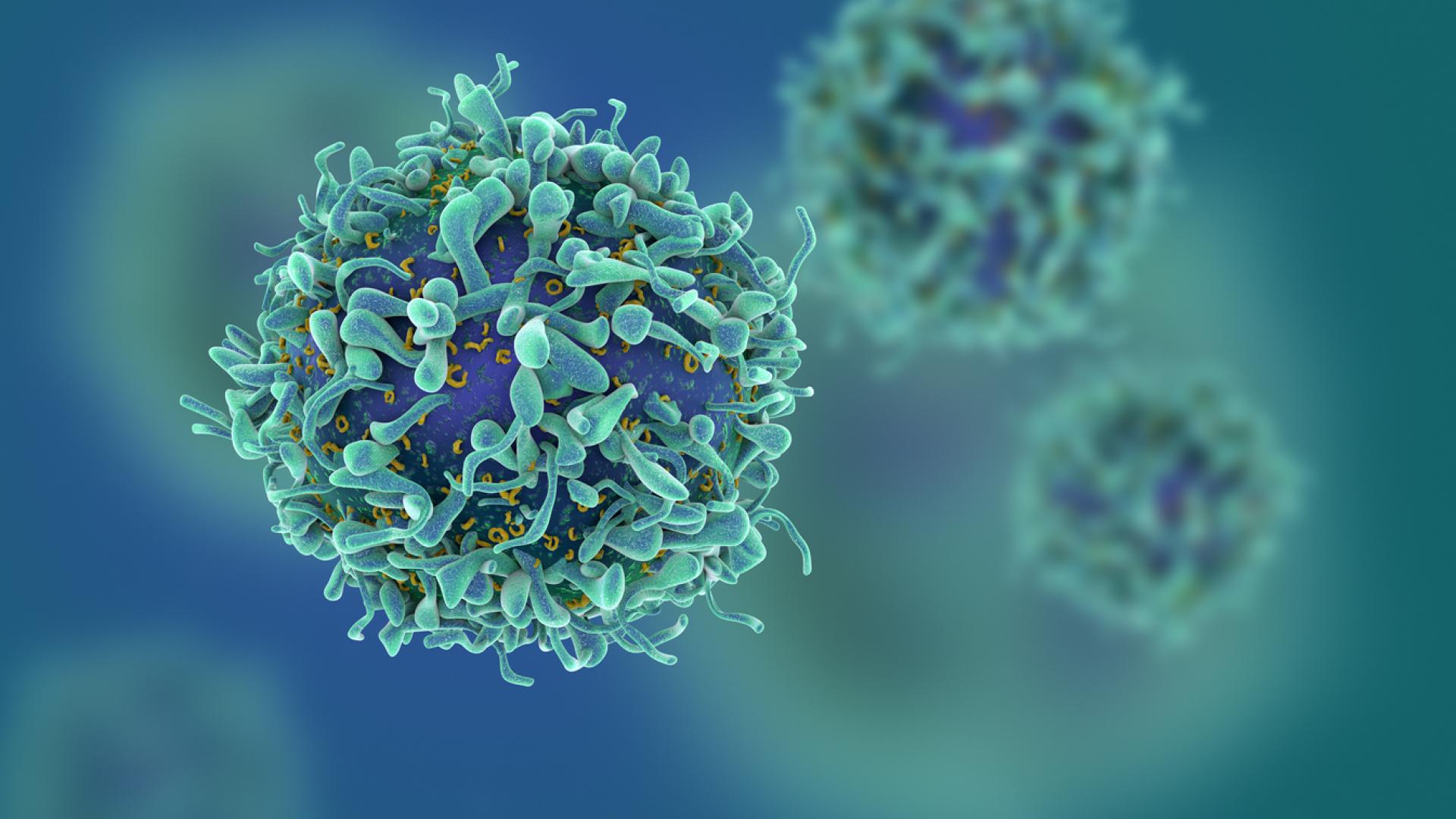Tracking Immune Cells in Alzheimer's Disease Brains

Principal Investigator
David Gate, PhD
Northwestern University Feinberg School of Medicine
Chicago, IL, USA
About the Research Project
Program
Award Type
Standard
Award Amount
$300,000
Active Dates
July 01, 2023 - June 30, 2026
Grant ID
A2023003S
Acknowledgement
Goals
The project aim is to apply sophisticated techniques to brain samples from people with and without Alzheimer’s disease to compare their molecular and immune cell profiles.
Summary
For this project, David Gate, PhD, and his lab team will use postmortem tissue samples from people who had Alzheimer’s disease and people who did not. With sophisticated molecular tools, the researchers will compare differences between samples in terms of cell types, protein production, and the presence of misfolded proteins, which are implicated in Alzheimer’s disease. Taking an innovative approach with these tools, they will develop a snapshot in time of all of the proteins in production when the tissues were taken and flash frozen. The process also allows for proteins that are misfolded to be tagged and their locations to be captured using imaging.
This work will test the team’s hypothesis that specific immune cells called T cells will be found in the same places as misfolded tau and amyloid-beta, key proteins in Alzheimer’s disease. If the findings support their hypothesis, the presence of T cells will imply an immune system response to brain inflammation in Alzheimer’s disease, related to how the misfolded proteins attract the attention of T cells. Identifying such a link opens up new avenues for research into therapeutic targets.
Unique and Innovative
We will utilize an innovative proteogenomics approach new to the study of neurodegenerative disease. Our proteogenomics workflow will capture the whole transcriptome while simultaneously allowing for the labeling and imaging of pathogenic misfolded proteins.
Foreseeable Benefits
Successful completion of these aims will provide insight into the role of adaptive immunity in neuroinflammation associated with AD.
Related Grants
Alzheimer's Disease Research
The Role of DYRK1A in Altered Microglia Biology in a Cellular Model of Alzheimer’s Disease in Down Syndrome
Active Dates
January 01, 2025 - December 31, 2027

Principal Investigator
Frances Wiseman, PhD
Current Organization
University College London (UK)
Alzheimer's Disease Research
The Astrocyte Cell Surface Proteome in Alzheimer’s Disease
Active Dates
July 01, 2025 - June 30, 2027

Principal Investigator
Omar Peña-Ramos, PhD
Current Organization
Baylor College of Medicine
Alzheimer's Disease Research
Targeting the Adaptive Immunity to Prevent Alzheimer's Brain Degeneration
Active Dates
July 01, 2025 - June 30, 2027

Principal Investigator
Joshua Emmerson, PhD
Current Organization
Washington University in St.Louis




